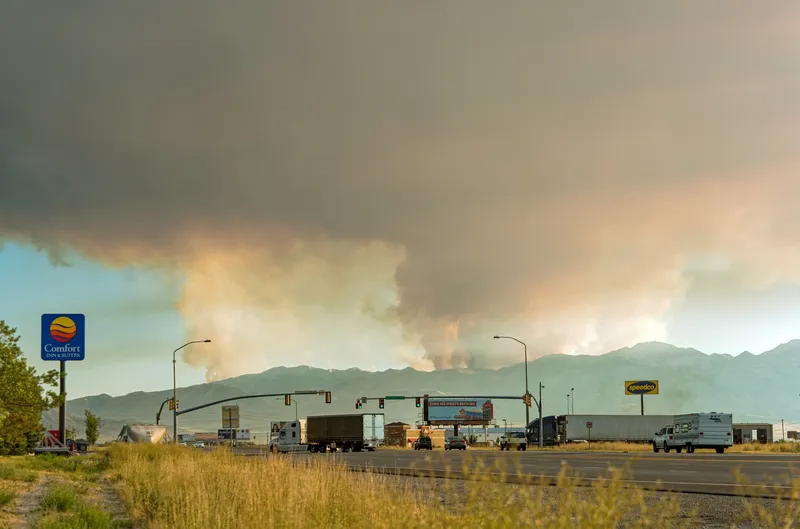
Transport ministers from four of Canada’s wealthiest provinces have co-signed a letter urging the federal government to inject cash into their ailing public transit systems.
The ministers from Alberta, British Columbia, Ontario and Quebec said their transit systems are facing “an unprecedented financial challenge as a result of the COVID-19 pandemic”.
In the open letter to the ruling Liberal government in Ottawa, the ministers said: “Solving the crisis facing our public transit agencies requires all levels of government to come together."
"We call on the government of Canada to commit to share the cost to ensure transit systems can continue to operate and meet the needs of people across the country.”
The letter made no mention of the amount of money that would be needed.
It is one of many pleas for help by regions and cities for financial aid to support transit systems that have remained operating – but many at reduced service levels – during the crisis.
Social distancing, self-isolation and working from home have meant that the fare-paying public has all but evaporated in many cities. Some larger cities have even stopped charging for trips on specific routes.
Federal and provincial funding for public transportation services and infrastructure development is usually politically sensitive in Canada, given the large distances between many towns in the provinces.
Rural populations can feel aggrieved at having to pay, as they see it, for a light rapid transit system in big cities, given the urban area’s access to a large taxation base – and a transportation system that they will likely never use.
Last month, the mayor of Edmonton in Alberta province said he is pushing "an early panic button" over revenue losses.
Edmonton made travel free on buses and the light rapid transit (LRT) system in March and the result has been a loss of around CAN$10 million per month, said mayor Don Iveson.
Total losses could reach CAN$50 million by September if no financial help is forthcoming from the province or federal government.
Meanwhile, this month Edmonton city councillors voted to go ahead with a CAN$1 billion 4.5km extension to the LRT.










